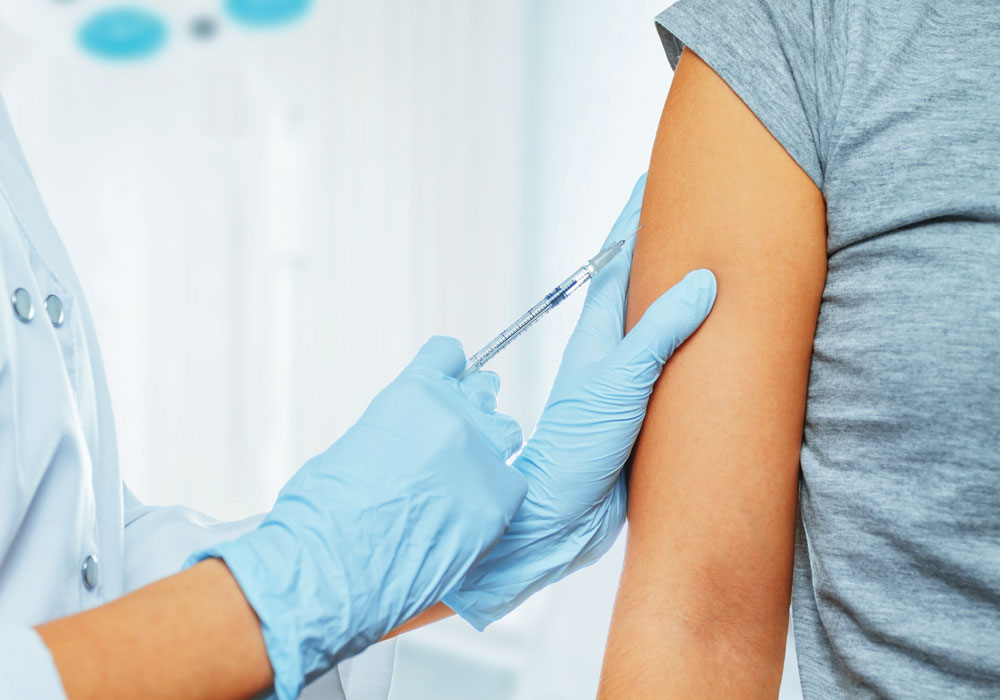In findings that could have global implications to change the face of female cancers, researchers reported that a single dose of the human papillomavirus (HPV) vaccine is highly effective in protecting young women against cervical infection with cancer-causing HPV types. The study results, which were published in NEJM Evidence, build on the body of evidence supporting single-dose HPV vaccines.
In the randomized KEN SHE clinical trial, reasearchers compared HPV infection rates in 2,275 females aged 15–20 who received one dose of either the nonavalent HPV vaccine (n = 758), bivalent HPV vaccine (n = 760), or meningococcal vaccine (n = 757). The researchers found that both types of HPV vaccines were 97.5% effective in preventing HPV infections. Of the 33 HPV infections that occurred in the study population, only four developed in the nonavalent HPV vaccine group versus 29 in the meningococcal vaccine group.
Cervical cancer is the fourth most common cancer among females worldwide, but it disproportionally affects low-resource demographics. Of the estimated 604,000 new cases and 342,000 deaths in 2020, about 90% were reported in low- and middle-income countries.
The researchers said that giving just one HPV vaccine dose instead of the current recommendations for two or three doses would reduce the vaccination’s cost and simplify logistics, improving access to preventive care for females around the world. Get strategies for educating your patients and community about the HPV vaccine.






